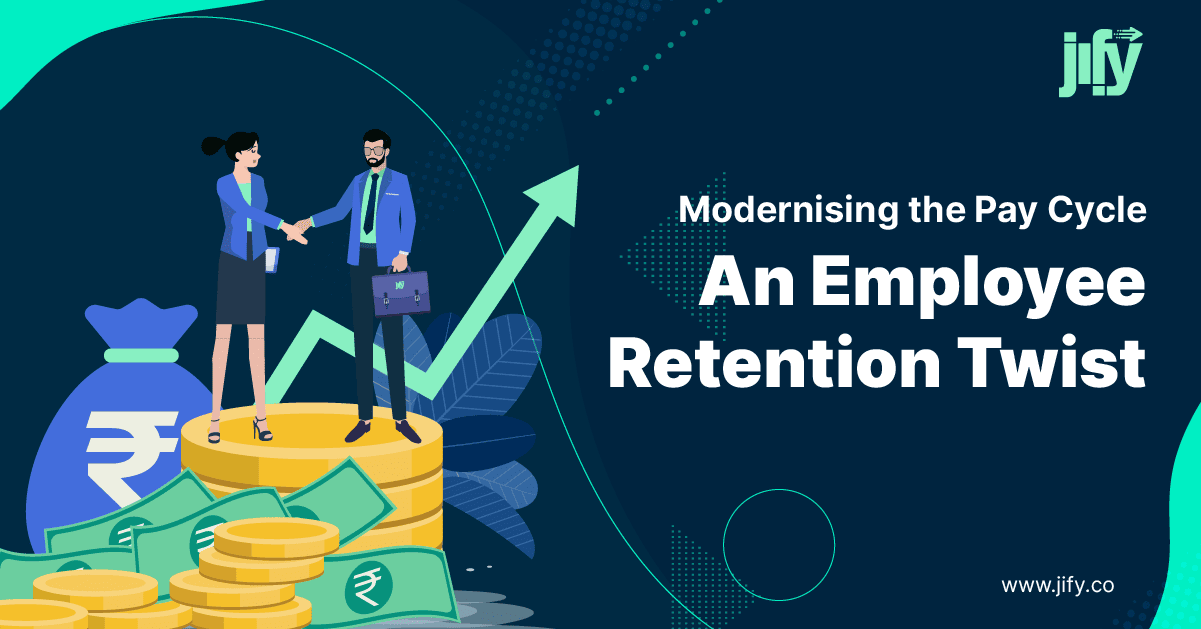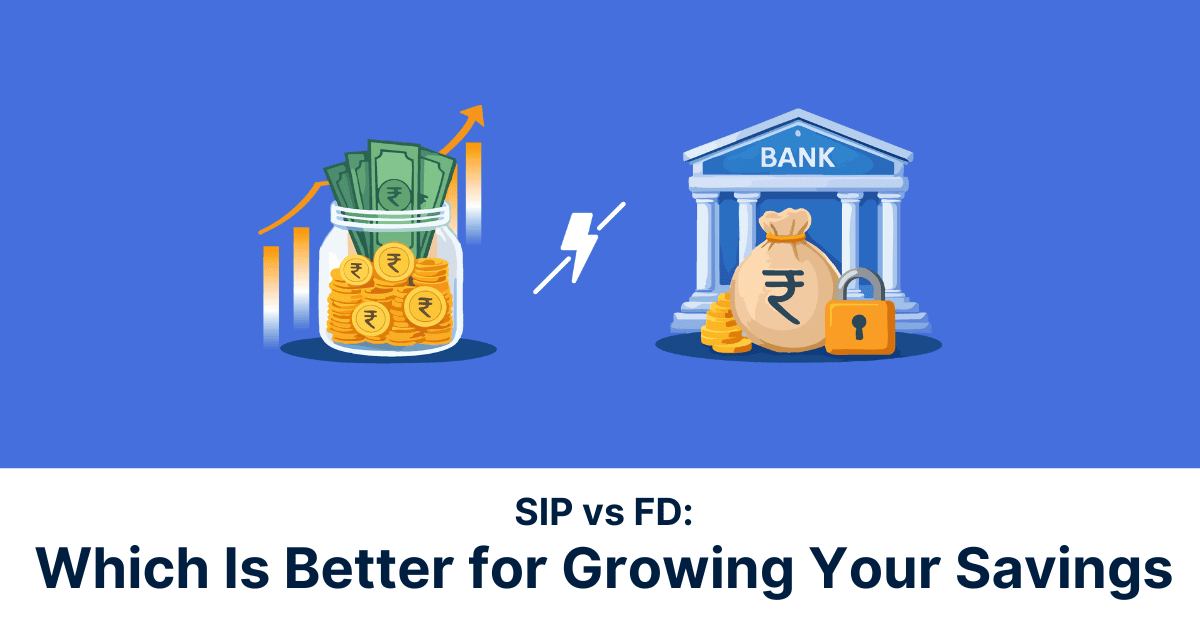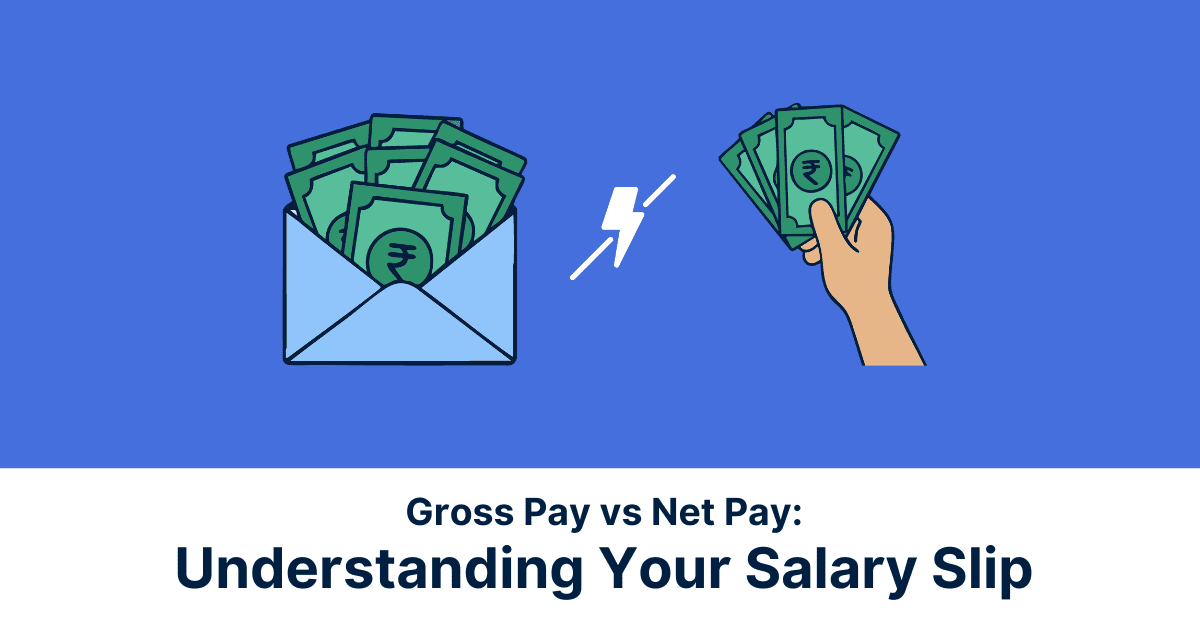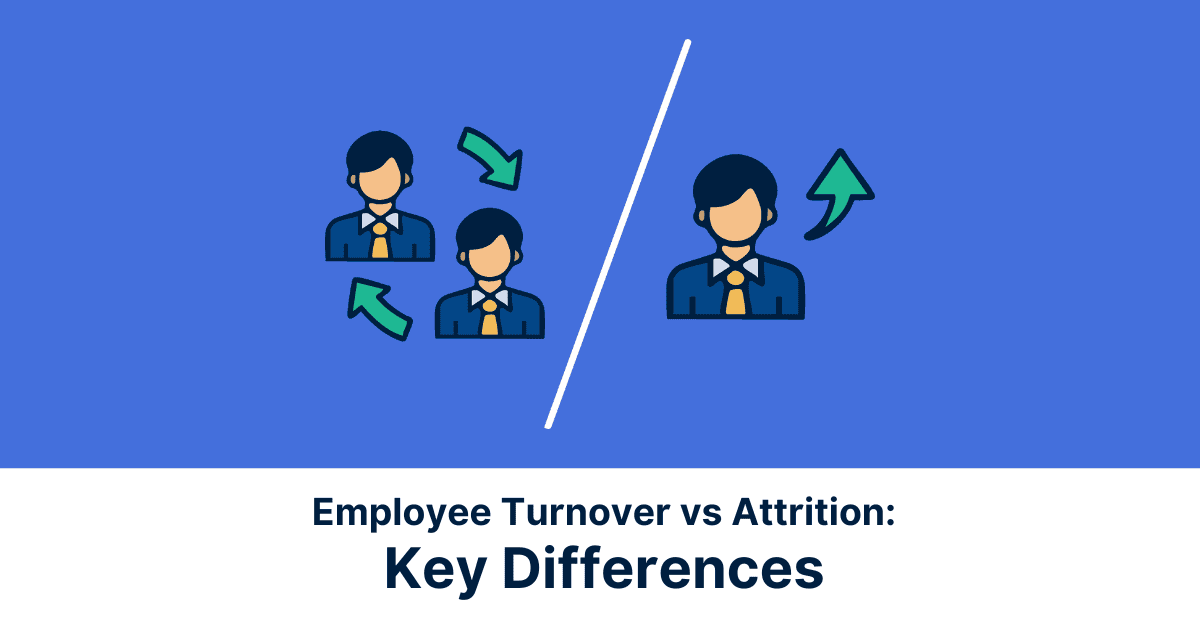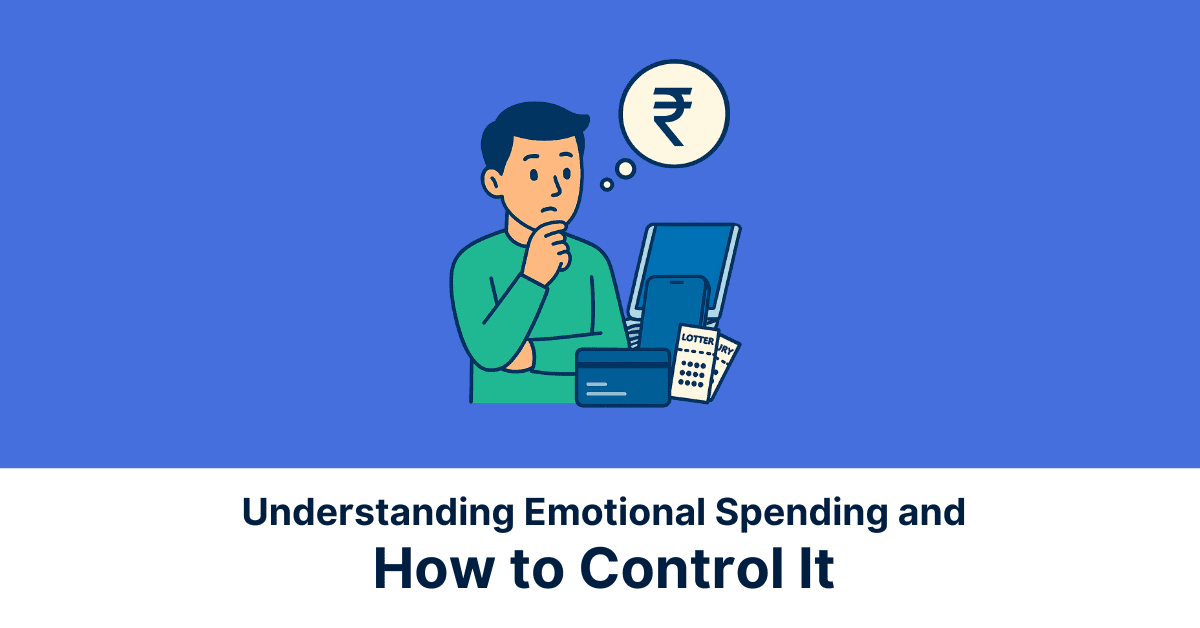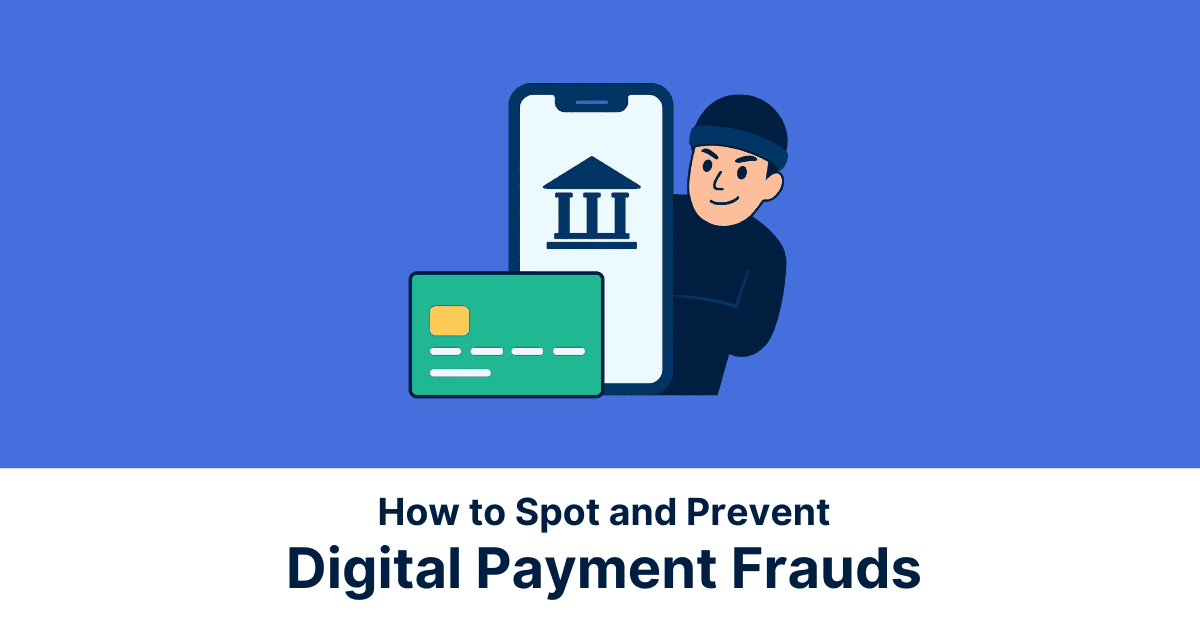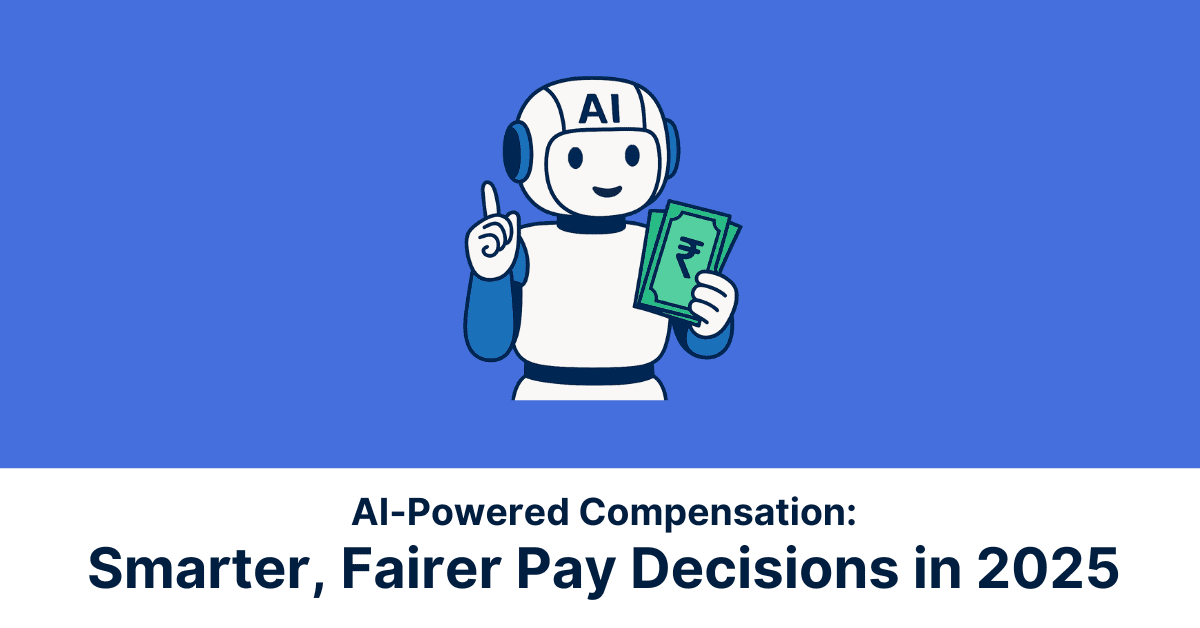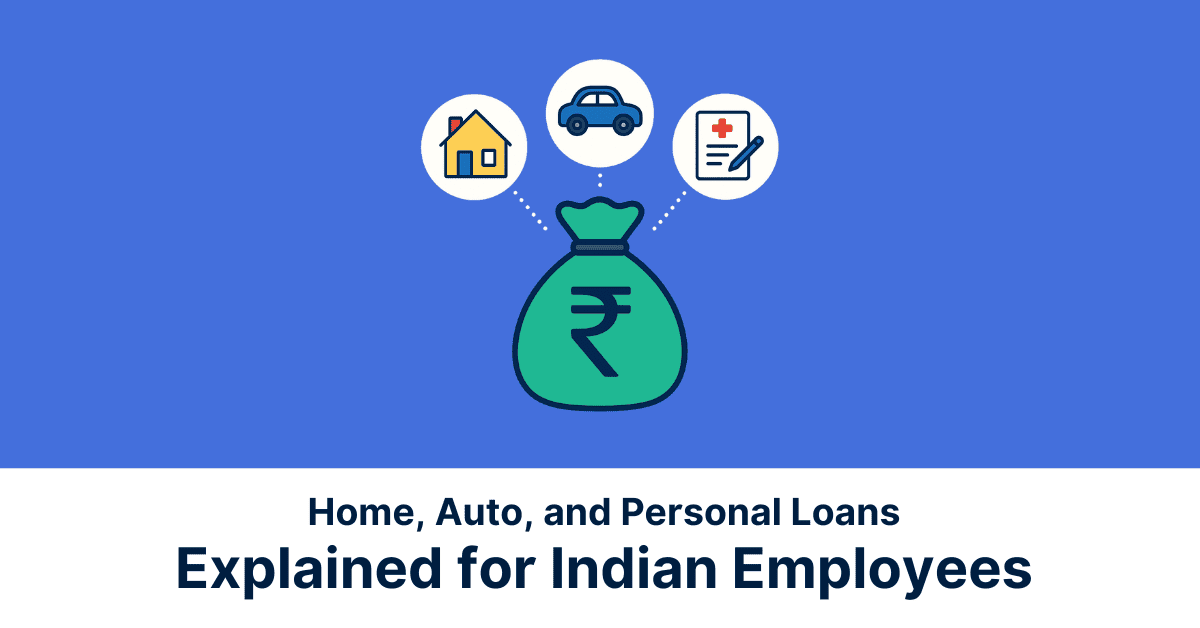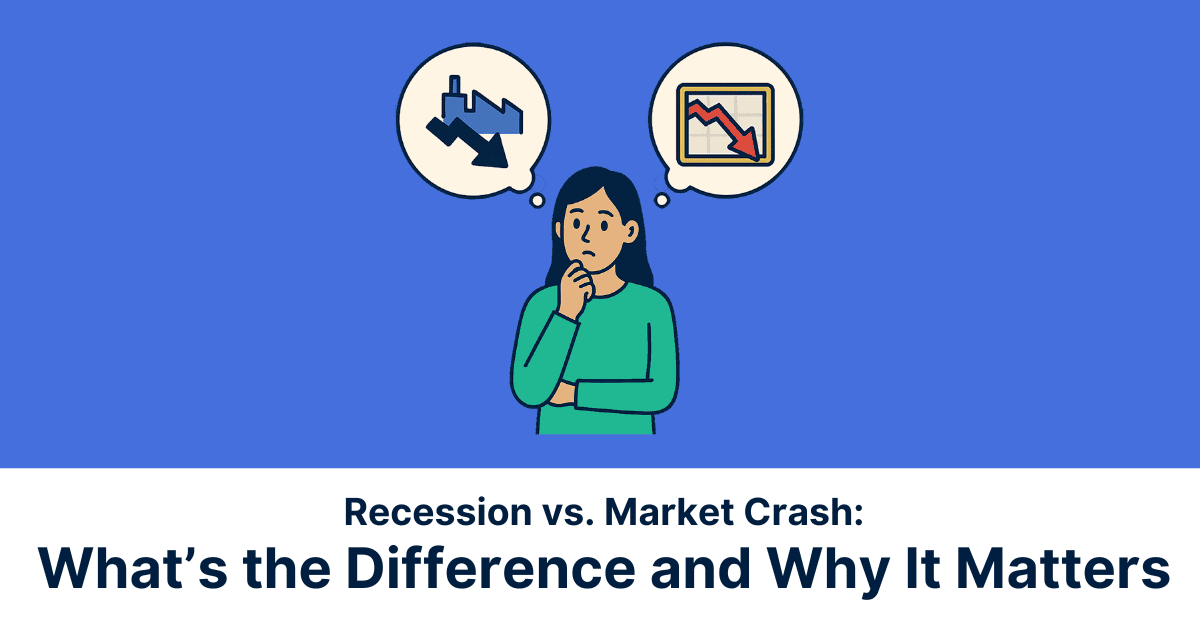Employer-Employee Relationship: The basis
Employee retention as an organisational parameter is drastically dependent on the crux of employer-employee relationship. A positive relationship fosters an equation of a lifetime, while a negative one often leads to resentment, in turn translating into the employee switching the job for a more lucrative one, where they feel better appreciated.
This equation balances on a tight rope, requiring mastery over time, basis experiences and learnings on both sides.
With the modernisation of the working models, there has been a significant shift in how employees view organisations, especially in relation to their key touch point: the employer. A majority portion of the working population agrees that it is essential for their organisation to view them as an individual, instead of just another employee.
According to Gartner, “employees are losing their willingness to cooperate with change after dealing with years of disruption. This high employee ‘change fatigue’ and increased work friction are correlated with a lower intent to stay with the organization. According to the same study, “only 43% of employees who experience above-average change fatigue intend to stay with their organization, compared with 74% of employees with low levels of fatigue.”
With the economic uncertainty being at an all-time high, financial stress has only been adding to an employee’s difficulties, thereby increasing their dependency on the employer, which is highly reliant on their their equation.
Shifting Perspective
With business models transforming everyday and the global dynamics making their effects prominently evident in the forms of high levels of inflation; the great resignation, war and post-pandemic definition of the “new normal”, the employees have been facing a compounding effect in their cost of living, leading to higher levels of financial stress and overall dissatisfaction.
Based on historical trends, the economic challenges does not directly affect the employee churn rate or turnover rate, seeing as employees usually erred on the side of caution in times of economic uncertainties. Nonetheless, with changing times, employees’ needs have transformed into a sheer sense of alignment in terms of work-life balance and personal satisfaction, which leads to them switching jobs regardless of the economic dependencies. This shift in perspective pegs the question: Do organisations need to reevaluate their approach towards employee-employer relationships? How can this age-old equation get a modernised twist that ultimately leads to employee retention?
Transitioning the Equation
With there being high-levels of uncertainty from outside stimuli, employees are now focusing internally, within the organisation, to find their stability. In such a case, there is a need for the employer-employee relationship to transition in order to keep up with the changing dynamics.
Even though compensation has been an integral part of this equation in the past, with newer working models and the younger generations making up for the majority of the employed workforce, the fundamental needs have gone beyond the monetary aspect. An hefty compensation package is no longer what keeps employees happy, which in turn leads to situations such as the Great Resignation.
A modern employee looks for benefits such as work-life balance, flexi-model of work, meaningfulness and purpose of the organisation’s goals. These benefits are more aligned towards the individual’s core, especially surmounting to holistic wellness. With this in mind, one easy way of transitioning this equation into the current working era is by modernising the pay process.
Modernising the Pay Cycle
What forms the foundation of a high-functioning employer-employee relationship is keeping the benefits and upliftment of employees at the forefront. Therefore, providing employees with the solution for their biggest pain-point: money, through tools that guide them towards financial wellness and independence is the need of the hour. With better means to financial well-being, employees can have a stronger connect with the organization in void of the stress, leading to higher levels of productivity and overall satisfaction. Some of the ways employers can modernise the pay cycle are:
On-demand Pay
On-demand Pay or also known as earned wage access, is a tool made available to the employees by the employer that lets them access their earned pay at any given point in time without having to wait for the payday in the traditional paycycle. This early access into their accrued wages provides employees with the freedom of meeting their financial obligations whenever they arise without having to borrow or take a loan.
Savings Tools
With financial stress being at an all-time high, a majority of employees are facing trouble to meet the high cost of living, thereby barely having any savings for an emergency requirement. Being provided easy access to savings tools that require minimum investments, but yield bigger savings in the long run such as digital gold, can help employees in having better financial preparedness for a rainy day.
Earnings Tracking
Having a clear picture in terms of their earnings, can in turn help employees be better at financial management. Having access to a financial tracker not only helps employees be on top of their spendings and saving, but also is an indication of the organization’s trust in them on account of the earnings transparency.
Personalised Rewards
Providing employees with personalised and real-time rewards can help them in not only easing their financial obligations but the personalisation element makes them feel better appreciated. This increases employee satisfaction and their connect to the employer.
Need of the hour
In order to foster a fruitful employee engagement, employers need to proactively find solutions that can not only resolve employee issues, but also act as a means of upliftment and personal growth for them. An easy way of employers to help make their employees lives better is by providing them with tools that can focus on their holistic financial wellness so they can support their own financial independence, while unlocking better levels of work-motivation.
Jify is one of the fastest growing financial wellness tools in the Indian market, which provides employees with solutions that can help them in overall financial management, with a mission of turning every borrower into a net saver. With respect to employers, the benefit of partnering with a financial wellness tool such as Jify App is simple: being the employer of the future by raising the financial independence of their employees to levels unimaginable.
*Disclaimer:
The information contained herein is not intended to be a source of advice concerning the material presented, and the information contained in this article does not constitute investment advice. The ideas presented in the article should not be used without first assessing your financial situation or without consulting a financial professional.
